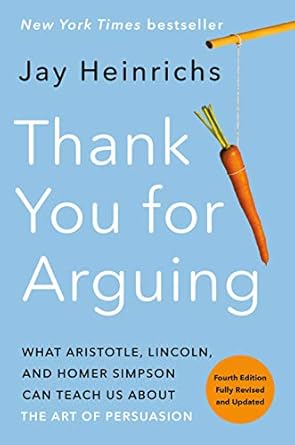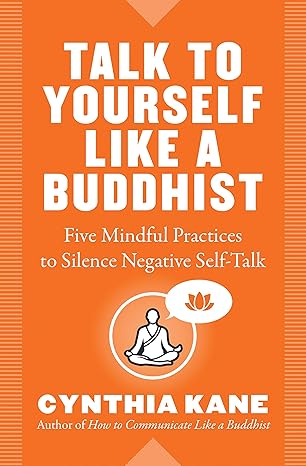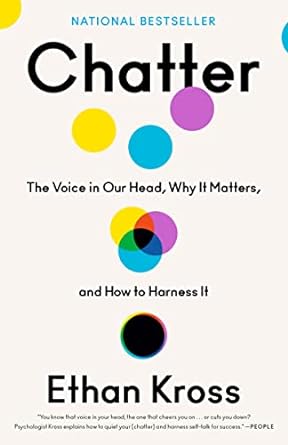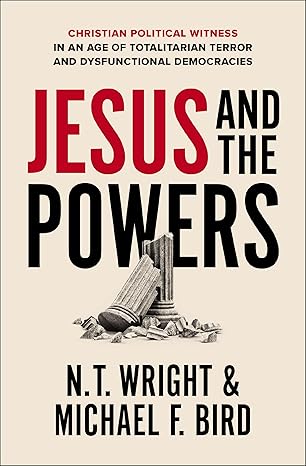
Stoic Six Pack 5 – The Cynics
For Cynics the secret to happiness was living a life of virtue in harmony with Nature with only the bare essentials necessary for survival. They rejected materialism and were free of belongings. Many were homeless and proud of it. The Cynics emphasized the value of self-sufficiency, or autarkeia. They ate one (vegetarian) meal a day and made a habit of walking vast distances to stay in shape. The school extolled the virtue of perseverance, or karteria.
The founder of Cynicism was Antisthenes (445 – 365 BC), a former student of Socrates. He was followed by Diogenes of Sinope, who famously lived in a tub on the streets of Athens. The third key figure was Crates of Thebes (360 - 280 BC), a rich man who gave away his money to live a life of pious poverty. Crates wed the like-minded Hipparchia of Maroneia and they became one of the few known philosopher couples in antiquity.
Stoic Six Pack 5 – The Cynics presents the key primary sources of this ancient philosophy, as well as secondary material to provide insight and understanding:
An Introduction to Cynic Philosophy by John MacCunn.
The Moral Sayings of Publius Syrus, a Roman Slave by Publius Syrus.
Life of Antisthenes by Diogenes Laërtius.
Book IV of The Symposium by Xenophon.
Life of Diogenes by Diogenes Laërtius.
Life of Crates by Diogenes Laërtius.












